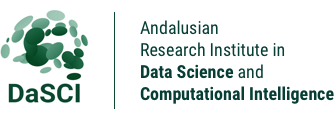Los próximos 16 y 17 de mayo, Desgranando Ciencia reunirá un año más en Granada a más de setenta representantes de la comunidad divulgadora e investigadora de todo el país. En su décimo aniversario, el festival de divulgación científica, referente en Andalucía y al que han acudido miles de personas desde sus inicios, mantiene su objetivo: comunicar al público la ciencia más innovadora en charlas breves de diez minutos de duración, acompañadas de espectáculos y actividades paralelas. Además, volverá al Parque de las Ciencias, escenario donde nació en el año 2013 a partir de una iniciativa surgida por investigadores y divulgadores locales.





